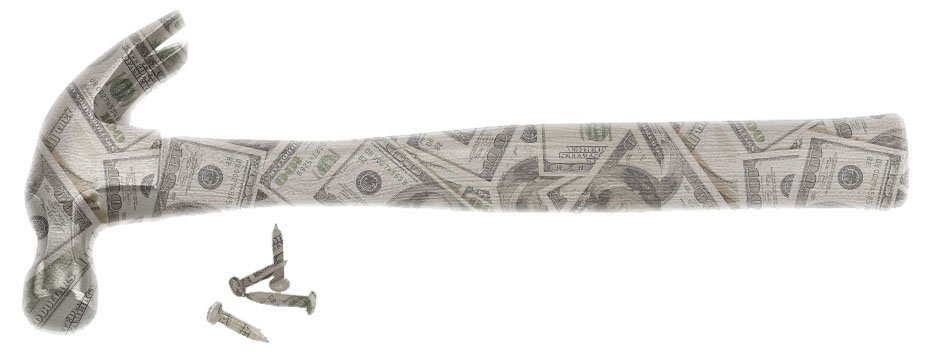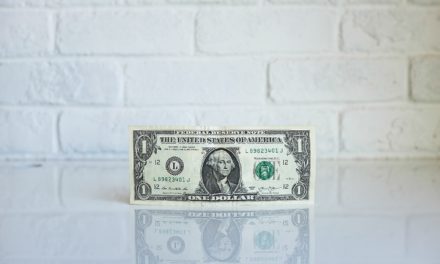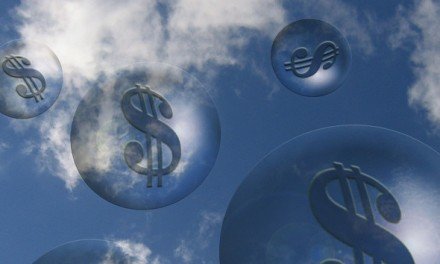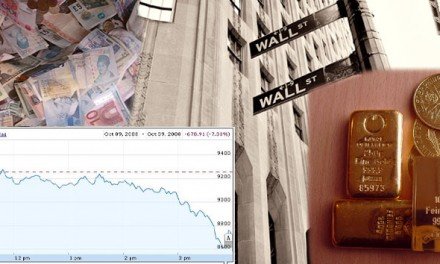Whether we realize it or not, a huge portion of our time is spent thinking about money. We wish we had more of it, we wonder how much we should spend on things, we hear about the financial sector in the news, we blame family members for spending too much, we ask for a raise at work, and the list goes on. Every day, we continually focus on money.
But because we spend our time thinking about it so often, we forget that money is just the tool to help us reach our vision. Money is a means that allows us to reach our end goals. The reason you hear people say that money can’t buy happiness is because those people whose ideal was to have more and more money were disappointed. Money in and of itself doesn’t bring you fulfillment.
However, if you recognize that money is there to help you meet your needs and reach your visions, then it has been seen that money actually can contribute to happiness. But that’s because money is not the end goal. Money is simply a tool that helps us achieve our vision of a better future. Money is a means, not an end.
Do You Have a Vision?
A vision is something that is underpinned by a moral inspiration. An ideal is simply a preferred state. Let me give an example to show the difference:
Ideal: I want to have lots of money.
Vision: I want to have lots of money so I can build a homeless shelter.
The difference is that a vision has a meaningful “why” attached to it. If you don’t have a “why”, you’ll get tired of working for that ideal pretty quickly. A vision, on the other hand, can propel you forward for decades. With a “why” it’s also easier to figure out the “how”.
If you keep a monthly budget, it can help you shape your vision because you can easily see where your money actually goes versus where you would like it to go. So instead of saying “I need to save more money”, you can say “I need to save more money so I can take my family to Disneyland.” Don’t let money be your end. Remind yourself that money is just a means to get you there.
You Can Always Make More Money
By thinking of money as a tool, it frees you up to be less stingy. I’m not saying don’t be frugal; I’m saying you should be less emotionally attached to money. When money is your ideal, of course you won’t like spending it — it’s the thing you’re working for! But when money is not your ultimate goal, you recognize that money is easily replaceable. A dollar I make today is the same as a dollar I make tomorrow.
To illustrate, here is another example. Let’s say a relative passed away in another state and you are deciding if you can afford to fly out for the funeral on short notice. There are two different mindsets:
Money as a means: We can afford to go, even if it means hitting our savings target a month late. We only get so many relatives, but we can always make more money.
Money as an end: We can’t afford to go because it would mean dipping into our savings. We would love to go but it’s just not in the budget right now.
Really, the money is there in either case. But the first thought process recognizes that the reason you have money is so you can live life and do the things that are important to you. The second thought process forces you to postpone or miss out on life because money is your important thing.
Money Is Not Evil
To correct an often misquoted phrase, money is not the root of all evil. It’s the love of money that claims that title. But what people often don’t think about is that while money isn’t evil, it also isn’t good. It’s just a thing. It’s a tool that allows us to reach our vision of the future.
When we confuse money for being evil, we scold ourselves for wanting more of it. But the problem there is simply one of vision for what to do with the money. When we confuse money for being good, we find out the hard way that money in itself cannot buy happiness. It’s a helpful tool, but not a meaningful end.
A Fresh Perspective on Money
I understand that it can be difficult to think of money in this way, especially during an era where jobs are scarce and money is featured in the news even more often than normal. But I still maintain that this is a better way to think about money. Money is not evil; money is not good. It is a tool. Nothing more. Don’t confuse money with the important things in your life. Use money to support and enhance the important things. That’s why you want money in the first place, right?





